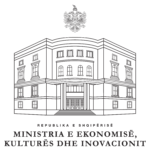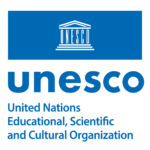National Register of Intangible Cultural Heritage.
In 2021, the Ministry of Culture approved about 100 elements as candidates for the National Register of Intangible Heritage. The first round of this process gathered nearly 150 applications.
The elements that become part of the National Register of Intangible Cultural Heritage are initially approved in principle by the National Council of Intangible Cultural Heritage (KKTKJ). They finally become part of this register, after approval by Order of the Minister of Culture.
The TKJ National Register database is administered by the National Institute of Cultural Heritage Registration.
The National Registry of TKJ is regularly updated. Applications for this Register can be proposed throughout the year.
Elements of the National Register of TKJ can be included in the UNESCO Lists for intangible cultural heritage with the proposal of KKTKJ and the approval of the Minister of Culture.
The instructions and information for the inventory of TKJ were approved in the UNESCO Convention, Paris-2003.
The objectives of the Convention include:
• Protection of Intangible Cultural Heritage.
• Respecting the TKJ of different communities, groups and individuals.
• Promotion and awareness of the importance of TKJ and its mutual evaluation at the local, national and international level.
• Promotion of international cooperation and support.




